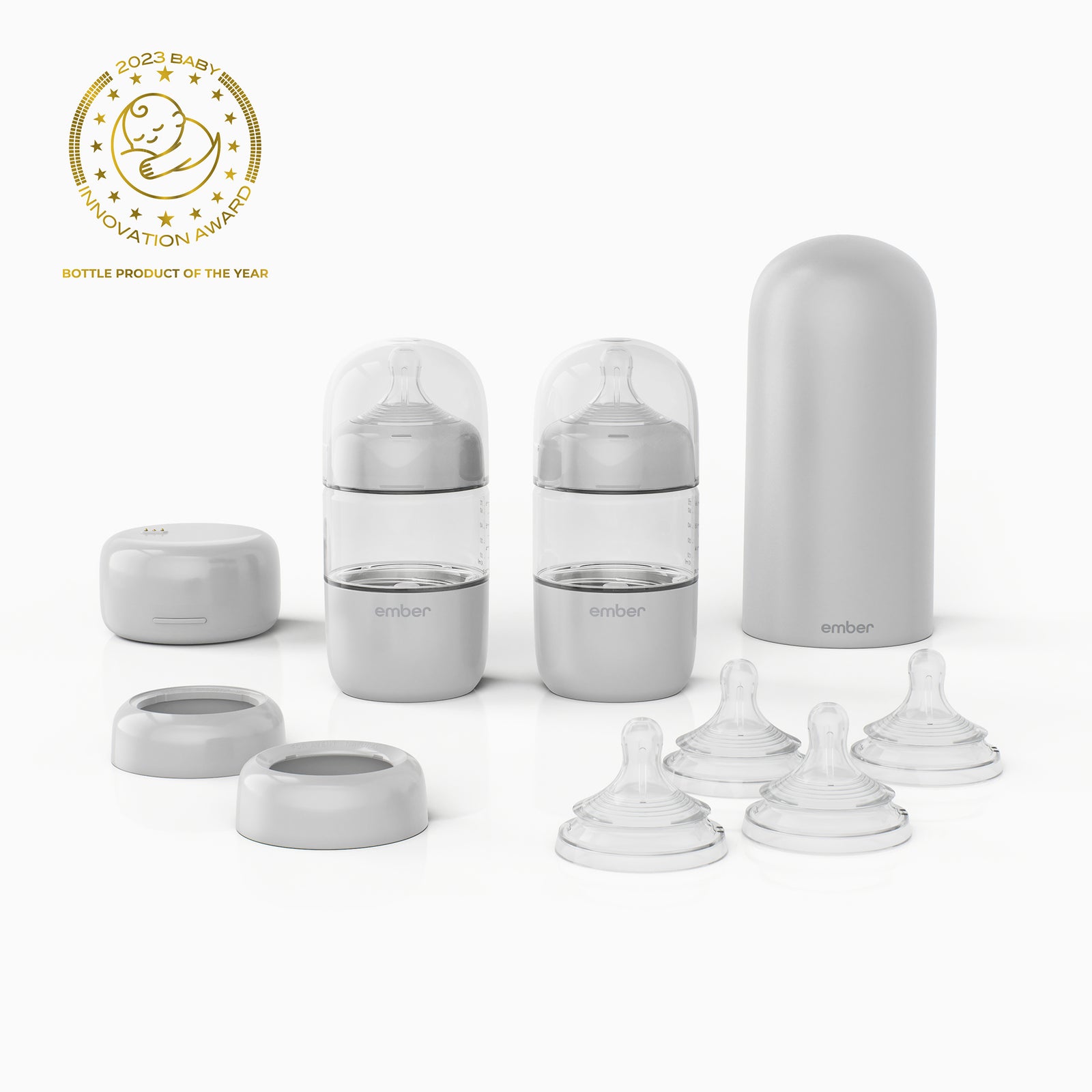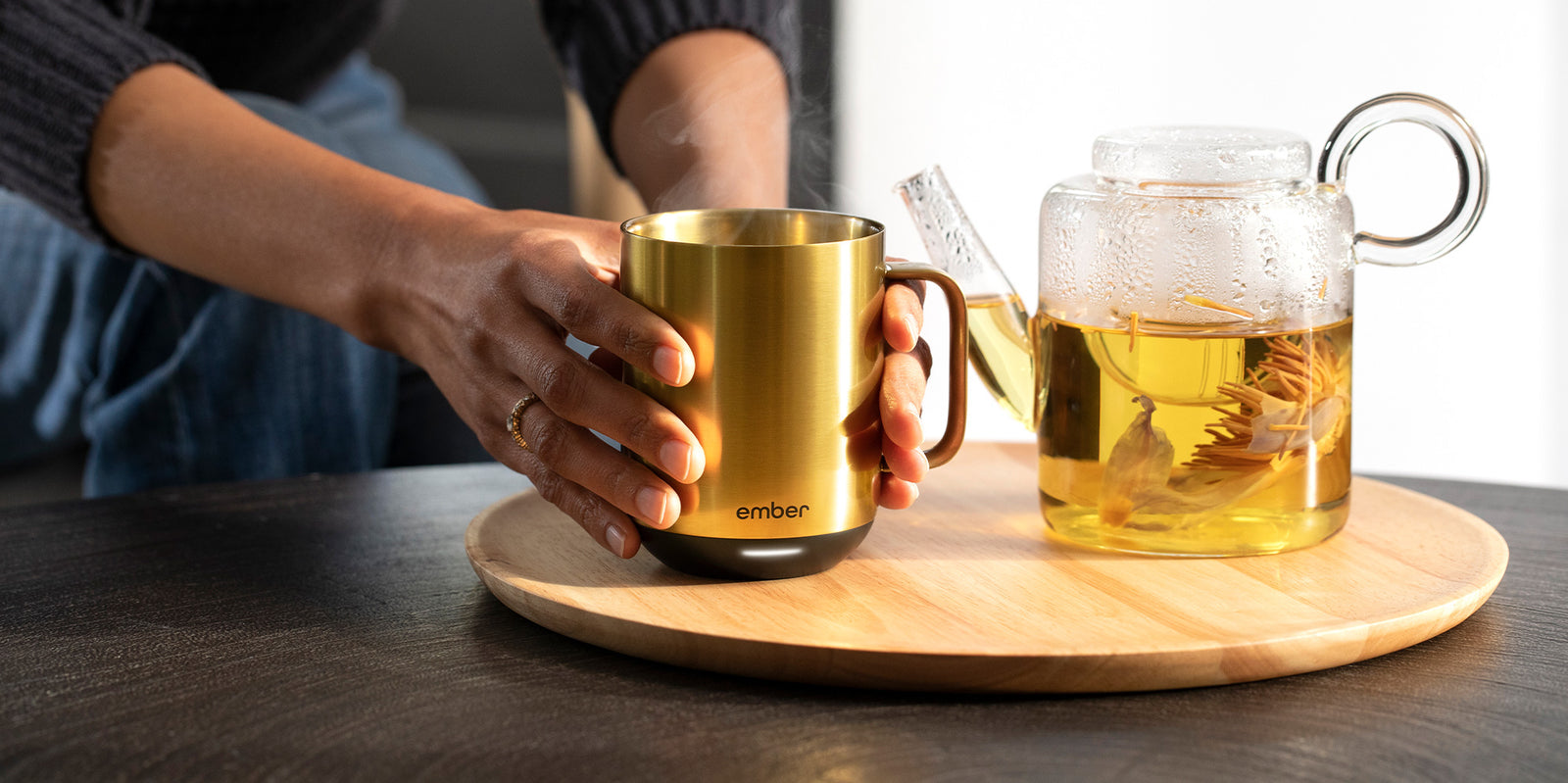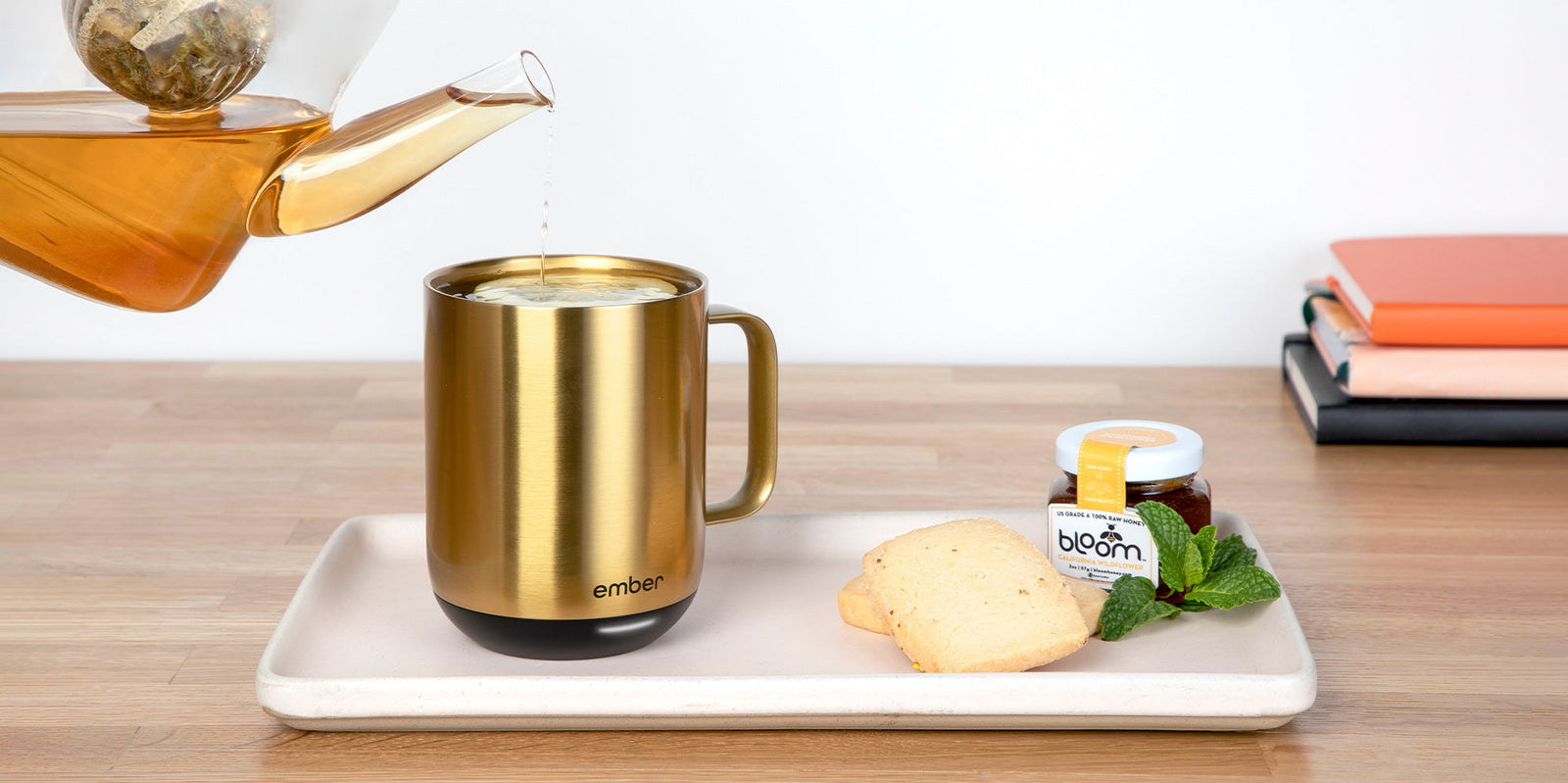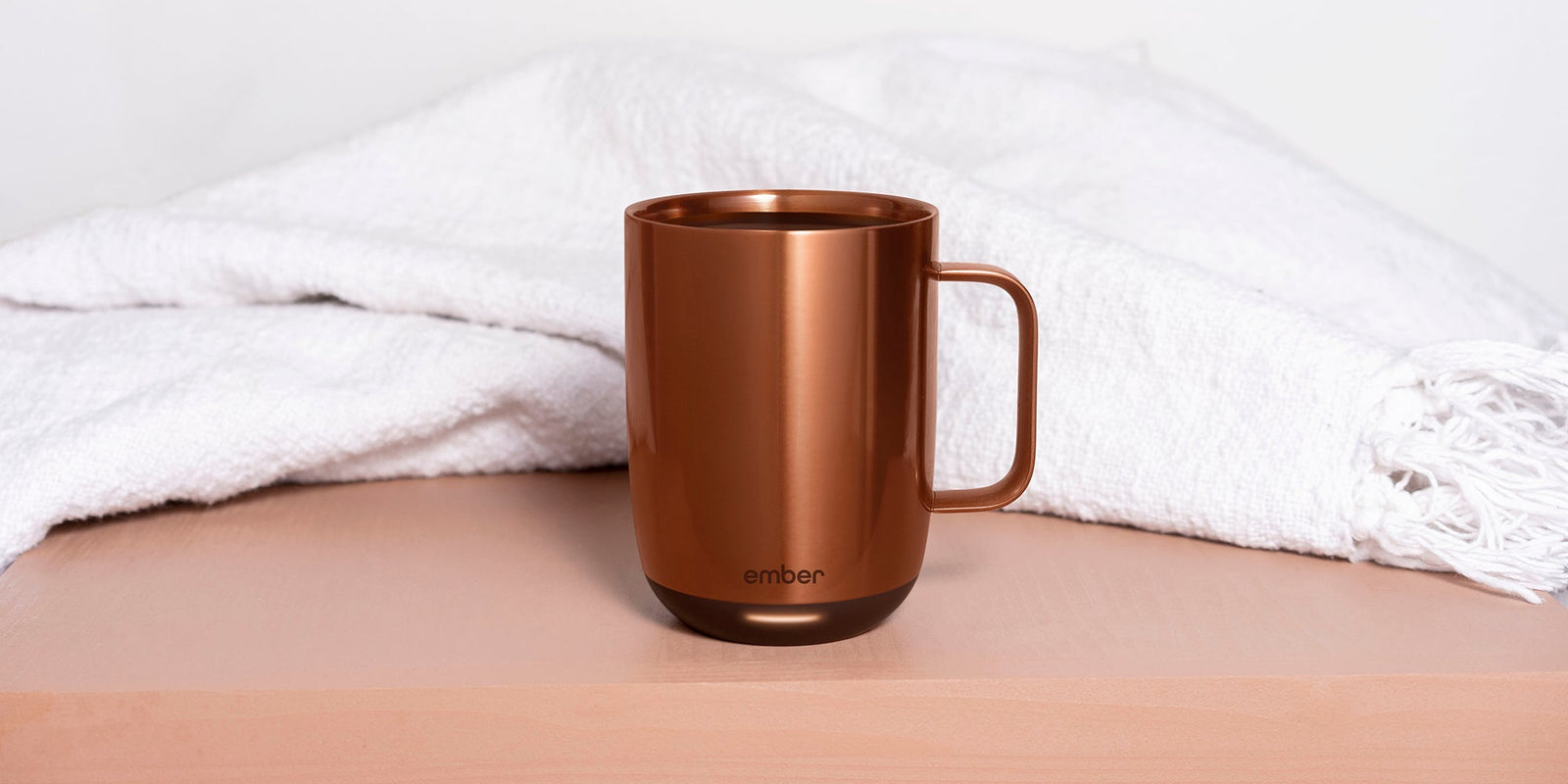While tea can be a fantastic way to find your chill and relax, it can also be an important aspect of a people’s culture and traditions.
In the case of the Lunar New Year, tea ceremonies are a widely-practiced, and integral component of the celebration. Used to symbolize respect and gratitude, formal Lunar New Year tea ceremonies are held on the first day of the occasion. Less formal Lunar New Year celebrations that incorporate tea can be held all throughout the 15-day period.
Whether you are interested in celebrating the 2023 Lunar New Year or celebrating national hot tea month, here is what you need to know about Lunar New Year tea ceremonies.
2023 is the Year of the Rabbit
January 22 kicks off the beginning of the 2023 Lunar calendar, ushering in the Year of the Rabbit. Each period represents a different animal across the 12-year zodiac sequence, with unique characteristics mapped to each animal that helps predict fortune for the year to come.
Contrary to 2022’s action-packed Year of the Tiger, the Year of the Rabbit in 2023 is expected to bring in a period of self-reflection, longevity, and prosperity. The Rabbit symbolizes peaceful, tranquil energy mixed with intelligence, bringing a year of hopefulness to all who celebrate.

Lunar New Year Celebrations Across the World
Although the Lunar New Year is based on the Chinese lunar calendar, it is not exclusively a Chinese holiday. Celebrations occur throughout much of Asia including China, Korea, Vietnam, Japan, and Mongolia, with each culture observing the holiday in their own unique ways.
Similar to the Western New Year celebrations on January 1st, the Lunar New Year serves as an opportunity to reflect on the past period and prepare to welcome good fortune throughout the upcoming year. Traditions in each culture typically revolve around a few common themes centered around family, food, celebratory clothing, and rituals intended to bring luck and good fortune.
For instance, in China, it is customary to wear lucky colors like red and gold and eat homemade foods like dumplings and fish representing prosperity and abundance for the year to come. Similarly, in Korea, traditional costumes known as hanbok are worn while enjoying dumplings, glass noodles, and rice cakes.
Other celebrations include the exchanging of “lucky money”, parades and firework shows, decorating the home, and hosting a tea ceremony for family and friends.
Types of Tea to Celebrate the Lunar New Year
While there are a variety of different teas that can be sipped from morning to nighttime, one example of a Lunar New Year tea ceremony tradition hails from Southern China. During this ceremony, guests are welcomed to friends and family’s homes with three cups of tea, each of which carry a specific meaning.
The first cup of tea offered is sweet, and is meant to symbolize “sweetness” in the New Year. The second cup of tea blends tea leaves with sesame seeds, perilla seeds, orange peels, shredded carrots, and more. This cup is meant to wish “harmony” for the coming year. The third and final cup is an after-meal cup of green tea, and is used to bring an end to the ceremony.
Whether you are celebrating Lunar New Year or simply enjoying a nice hot cup of tea, consider sipping yours out of an Ember Mug².
Because temperature matters.














